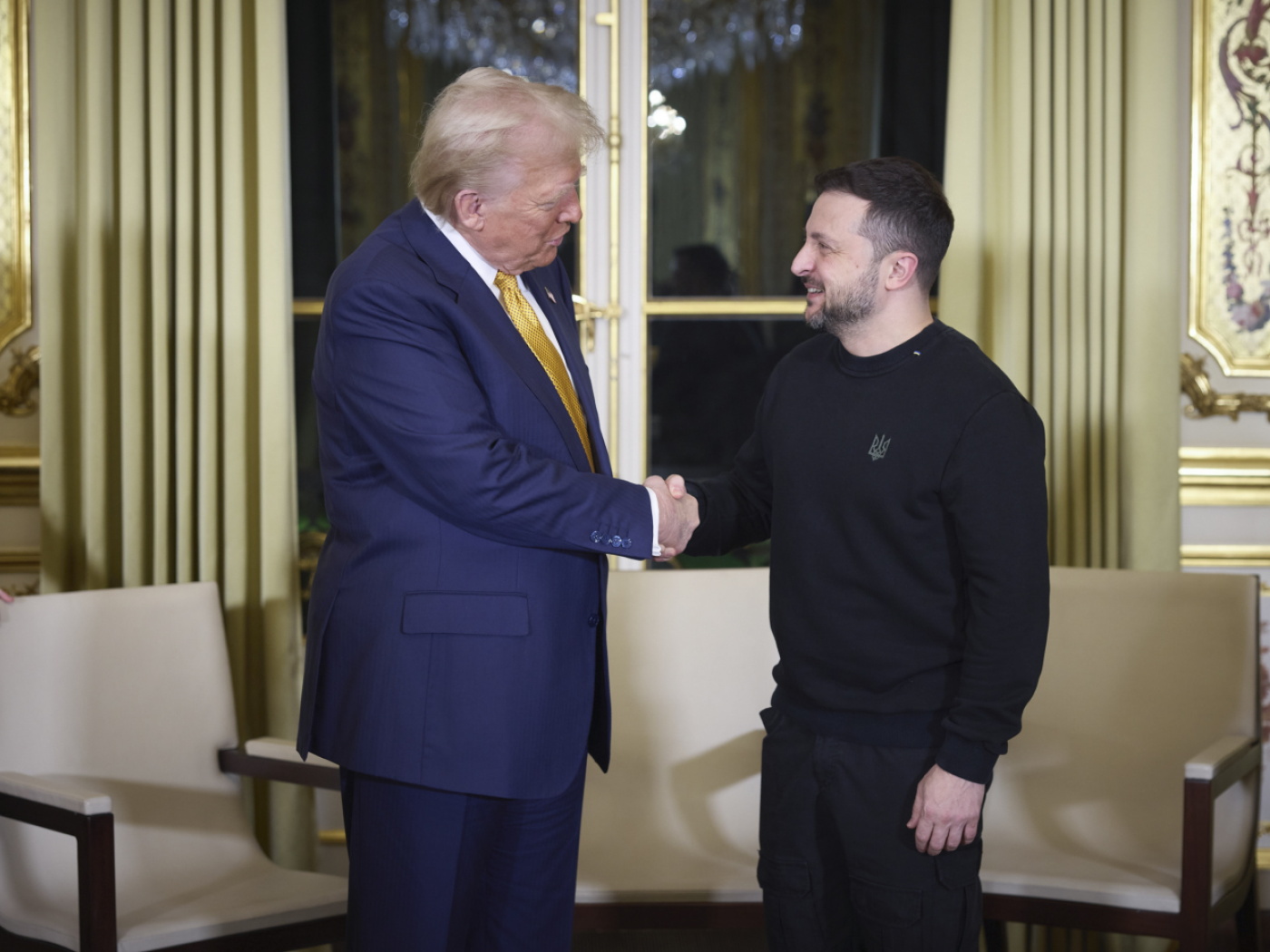
Switzerland Today
Dear Swiss Abroad,
We’re almost done talking about the World Economic Forum in Davos for this year – the glitzy shindig wraps up tomorrow. In the meantime, there’s plenty of newsy tidbits coming out of the mountain resort, including arguments over the concept of Swiss neutrality and the country’s role as a mediator.
Back at home, though, there’s big news in the world of public media. Read on to find out more.

In the news: The head of Swiss public broadcasting throws in the towel, rents really did spike in 2023, and workers highly value mental well-being at work.
- The director of the Swiss Broadcasting Corporation, the parent company of SWI swissinfo.ch, will say “aurevoir” to his employer in 2025, two years earlier than the official end of his term. Gilles Marchand and the SBC board said this decision cleared the way for new management to be in place ahead of a nationwide vote on an initiative to significantly reduce the license fee and other political decisions affecting the future of the broadcaster.
- Rents on newly available flats in Switzerland rose by 4.7% in 2023, the strongest annual growth in asking rents since real-estate portal Homegate began compiling this data in 2009. The rising prices are due to a combination of low construction activity and increased demand. All cantons are affected.
- A whopping 91% of respondents to a survey by recruitment firm Randstad saidmaintaining mental well-being in a current or future job was important. Salary was next on the list (89%), followed closely by work-life balance and job security (88% each).

War and Swiss neutrality: don’t go picking sides
It’s been another busy day of high-level pronouncements and handshakes at the World Economic Forum in Davos. Among the highlights was the United Arab Emirates economics minister declaring his country was “the new Switzerland of the Gulf”, as the oil state plays host to several ministerial conferences.
An advisor to the UAE government later told the Keystone-SDA news agency that neutral Switzerland was risking damage to its reputation as a mediator. With war between Israel and Hamas and continued fighting between Russia and Ukraine, now “is the worst time for Switzerland to choose sides”, he said.
Swiss foreign minister Ignazio Cassis also held court with reporters in Davos, assuring them that Switzerland was still in great demand as a mediator. The Alpine country, he said, simply did not publicly disclose all of its mandates, in order to protect the confidentiality of these delicate processes.
The question of Swiss neutrality has hung heavily over the Davos meeting all week. Ukrainian President Volodymyr Zelensky’s stopover visit in Bern last Monday caused a stir before he’d even stepped foot at the WEF. After Cassis and Zelensky embraced at the airport, it was later announced that, at Ukraine’s request, Switzerland would organise a peace conference to try to bring an end to the war – but Russia won’t participate.
Given all of this, the Tages-AnzeigerasksExternal link, “Is [Switzerland] still neutral? How can Switzerland show solidarity with Ukraine without giving up neutrality?”
A Swiss People’s Party parliamentarian told the newspaper that, to play the role of mediator correctly, the government should have first sought to include Russia in the plan for a peace conference, but has instead turned the idea into a “farce”.
President Viola Amherd was having none of it, however. Responding to Russia’s criticism over the planned conference and what Russia sees as an abandonment of Swiss neutrality over the Ukraine war, Amherd said on the sidelines of the WEF on Thursday that “when you are on the side of the civilian population, you are on the right side.”

No asylum for descendant of famous Swiss mathematician
Alexander Euler fled his native Russia just days after President Vladimir Putin announced partial conscription in September 2022 to boost the country’s war effort in Ukraine. Euler travelled to Switzerland and claimed asylum because, he toldExternal link Swiss public television SRF, he wanted neither to kill anyone nor get killed.
The SEM is currently postponing decisions on cases of conscientious objection since it cannot determine whether the punishment for this in Russia is disproportionate or inhumane. Yet it examined Euler’s application since, it said, the 37-year-old was at no greater risk of being drafted into the army than anyone else in Russia. The SEM ultimately rejected Euler’s request.
A legal expert who spoke to SRF last year believes that a jail sentence of up to 15 years for deserters or conscientious objectors in Russia, as was being reported at the time, is evidence that the state considers such people to be its enemies. This is a strong indicator of political persecution, said Alberto Achermann.
Euler has appealed the asylum decision. He hopes to be able to stay in Switzerland, the homeland of his famous ancestor, the mathematician Leonhard Euler, whose portrait graced the CHF10 banknote a few decades ago. Born in Basel in 1707, Leonhard is best known for his mathematical contributions that underpin, among other things, the Swiss Federal Railways’ timetable and the popular puzzle sudoku. He moved to St. Petersburg in 1727 to join the Academy of Science.
Although several other descendants of Leonhard Euler have moved to Switzerland over the past century, obtaining Swiss citizenship is likely not an option for Alexander, since his father did not request naturalisation by age 22, in accordance with the law.
More

In compliance with the JTI standards
More: SWI swissinfo.ch certified by the Journalism Trust Initiative









